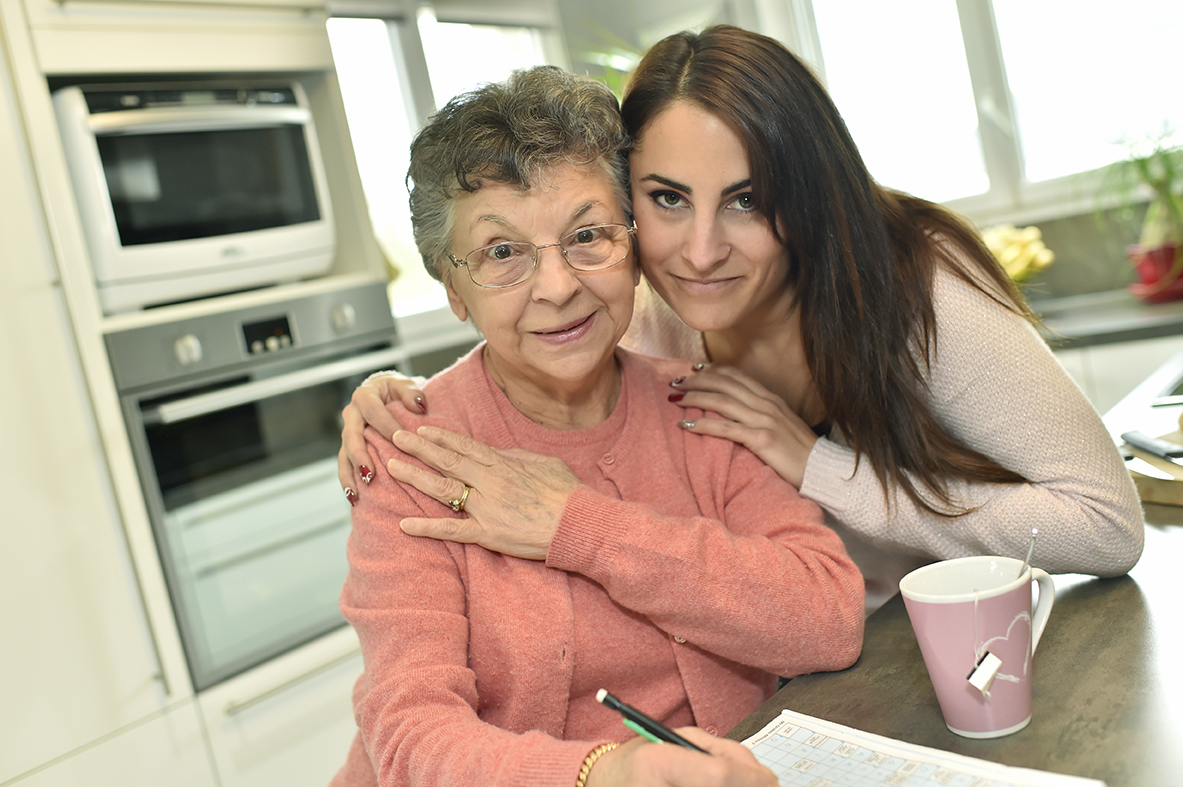
Gallstones are a common and often painful condition that affects millions of people worldwide. These small, solid particles can develop in the gallbladder, leading to discomfort, pain, and potential complications if left untreated. In this article, we will delve into the world of gallstones, understanding their causes, symptoms, and the essential steps for prevention and treatment to ensure optimal gallbladder health.
Understanding gallstones
Gallstones are solid particles that form in the gallbladder, a small organ located beneath the liver. The gallbladder plays a vital role in the digestive process by storing bile, a fluid produced by the liver to help digest fats. Gallstones can range in size from a grain of sand to as large as a golf ball, and they can be made up of cholesterol, bilirubin, or a combination of both.
Causes of gallstones
Find YOUR ideal care home NOW!
Several factors contribute to the development of gallstones:
-
Cholesterol imbalance: An imbalance in the components of bile, particularly an excess of cholesterol, can lead to cholesterol gallstones. When the liver excretes too much cholesterol or the gallbladder doesn't empty properly, cholesterol can crystallize and form stones.
-
Bilirubin: High levels of bilirubin in the bile can lead to pigment gallstones. These stones are more likely to occur in conditions that affect the liver or red blood cells.
-
Obesity: Being overweight or obese increases the risk of gallstones, as it can lead to higher cholesterol levels in bile.
-
Diet: A high-fat, low-fiber diet can contribute to gallstone formation.
-
Rapid weight loss: Losing weight too quickly, whether through diet or surgery, can increase the risk of gallstones.
Symptoms of gallstones
Gallstones can be asymptomatic, meaning they don't cause any noticeable symptoms. However, when they obstruct the bile ducts or cause inflammation, the following symptoms may occur:
-
Pain: The most common symptom is a sharp, cramp-like pain in the upper right side of the abdomen.
-
Nausea and vomiting: Pain may be accompanied by nausea and vomiting.
-
Jaundice: If a gallstone blocks the bile duct, it can lead to yellowing of the skin and eyes (jaundice).
-
Fever and chills: In some cases, gallstones can cause fever and chills, indicating an infection.
Prevention of gallstones
Preventing gallstones involves making several lifestyle changes:
-
Maintain a healthy weight: Losing weight gradually and maintaining a healthy weight can reduce the risk of gallstones.
-
Balanced diet: Consume a diet rich in fiber and low in saturated fats. This can help regulate cholesterol levels in the bile.
-
Hydration: Stay well-hydrated to keep bile flowing smoothly.
-
Regular physical activity: Engaging in regular exercise can help prevent gallstones and maintain overall health.
-
Limit rapid weight loss: Avoid crash diets or rapid weight loss strategies.
Treatment of gallstones
Treatment options for gallstones depend on their size, symptoms, and whether complications have arisen:
-
Watchful waiting: If gallstones are small and asymptomatic, a "wait and see" approach may be taken.
-
Medication: Certain medications can help dissolve cholesterol gallstones.
-
Surgery: In cases of severe pain, inflammation, or complications, surgical removal of the gallbladder (cholecystectomy) may be necessary.
Common Symptoms and When to Seek Medical Help
| Symptom | Description | When to Seek Medical Help |
|---|---|---|
| Abdominal Pain | Sharp pain in the upper right abdomen, lasting minutes to hours. | If pain is severe, persistent, or radiates to the back or right shoulder. |
| Nausea & Vomiting | Discomfort in the stomach accompanied by vomiting. | If vomiting is frequent or accompanied by fever or chills. |
| Jaundice | Yellowing of the skin and eyes due to blocked bile ducts. | Seek urgent medical care if jaundice is present. |
| Fever & Chills | May indicate a gallbladder infection. | If fever is high or persistent, immediate treatment is needed. |
Gallstones are a common ailment, but with the right knowledge and proactive measures, they can be prevented and managed effectively. Maintaining a healthy weight, adopting a balanced diet, staying hydrated, and getting regular exercise are key steps in preventing gallstones. If you experience symptoms or have concerns about your gallbladder health, consult a healthcare professional for guidance and appropriate treatment options. Prioritizing gallbladder health is essential for overall well-being and a pain-free life.
Frequently Asked Questions (FAQ)
1. What causes gallstones to form?
Gallstones develop when bile contains too much cholesterol, bilirubin, or not enough bile salts. These imbalances lead to the crystallization of solid particles that form stones in the gallbladder.
2. Who is at the highest risk for gallstones?
Risk factors include being overweight, female, over 40, diabetic, or having a family history of gallstones. People who lose weight rapidly or consume a high-fat, low-fiber diet are also at risk.
3. Can gallstones go away on their own?
Small gallstones may pass naturally without causing symptoms. However, if they block the bile duct or cause inflammation, medical treatment is necessary.
4. What are the warning signs of gallstones requiring emergency care?
Seek medical help if you experience:
Severe abdominal pain lasting more than a few hours.
Yellowing of the skin and eyes (jaundice).
High fever with chills, nausea, or vomiting.
These symptoms may indicate infection or bile duct blockage.
5. Can I prevent gallstones with my diet?
Yes! Eating a high-fiber diet rich in fruits, vegetables, and whole grains helps regulate bile composition. Avoiding fried, processed, and high-cholesterol foods reduces risk.
6. What happens if gallstones are left untreated?
Untreated gallstones can lead to:
- Gallbladder inflammation (cholecystitis).
- Blockage of the bile ducts, leading to jaundice or infection.
- Pancreatitis (inflammation of the pancreas).
7. How is gallstone pain different from other types of stomach pain?
Gallstone pain is typically sharp, located in the upper right abdomen, and may radiate to the back or right shoulder blade. It often occurs after eating fatty meals and can last from minutes to hours.
8. Can I live without a gallbladder?
Yes! The gallbladder is not essential for survival. After a cholecystectomy (gallbladder removal), bile flows directly from the liver to the small intestine, and most people adapt well with minimal dietary adjustments.
9. What are the non-surgical treatment options for gallstones?
Non-surgical options include:
- Medications (Ursodiol) to dissolve cholesterol gallstones.
- Shock wave therapy (lithotripsy) to break down stones.
These treatments work only in specific cases and take months or years.
10. Can gallstones return after treatment?
If treated without gallbladder removal, gallstones may form again if dietary and lifestyle changes are not maintained. Cholecystectomy (surgical removal) is the only permanent solution.
We are here to help you choose a care home or facility best suited to your needs. Do not hesitate to contact us on the following number: 0230 608 0055 or fill out this form.
Do you need a care home for yourself or your loved one?
Search for Care Homes by Region
| East Midlands | Eastern | Isle of Man |
| London | North East | North West |
| Northern Ireland | Scotland | South East |
| South West | Wales | West Midlands |
| Yorkshire and the Humber |
Share this article :
Latest posts
You are looking for an establishment for your loved one ?
Get availability & prices
Fill in this form and receive
all the essential information
We would like to inform you of the existence of the opposition list for telephone canvassing.








.jpg)

